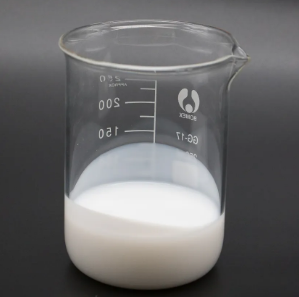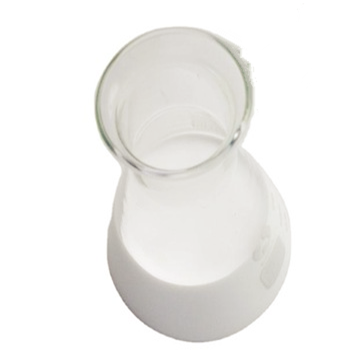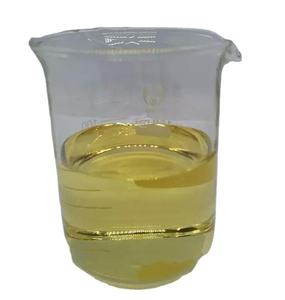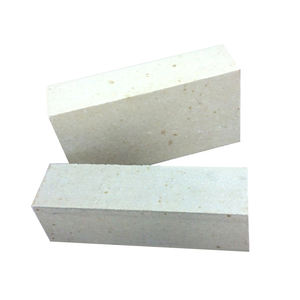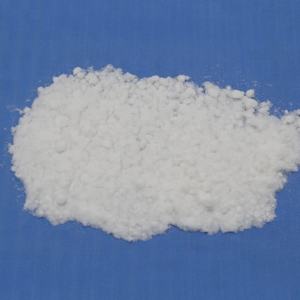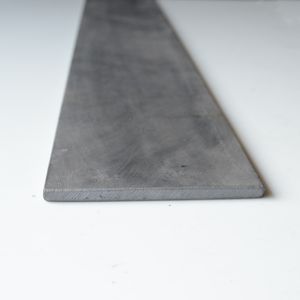Introduction to Water-Based Zinc Stearate: Bridging Performance and Sustainability in Modern Manufacturing
Water-based zinc stearate is an eco-friendly option to solvent-based lubricating substances and launch representatives, providing exceptional performance with marginal environmental effect. As markets shift towards greener manufacturing approaches, this liquid diffusion of zinc stearate has gotten importance throughout markets such as rubber handling, steel creating, concrete casting, and polymer production. Its ability to offer effective lubrication, protect against attachment, and minimize surface area flaws makes it a functional device in contemporary commercial applications. With expanding governing stress on unpredictable organic compound (VOC) discharges, water-based zinc stearate stands apart as a tidy, efficient, and scalable solution.
(TRUNNANO Water Based Zinc Stearate)
Chemical Make-up and Useful Device
Zinc stearate is a metallic soap developed by the response of stearic acid with zinc oxide or zinc salts. In its water-based formulation, it is generally dispersed using surfactants or emulsifiers to ensure security and consistent application. When related to surfaces, the zinc stearate fragments form a thin, hydrophobic film that lowers rubbing and protects against direct contact in between materials. This device is critical in mold release operations, where it promotes simple demolding without damaging the final product’s surface area stability. Furthermore, its high melting point (~ 120– 130 ° C) permits it to carry out properly under moderate thermal problems, maintaining functionality during high-temperature procedures.
Applications in Rubber and Polymer Handling
In rubber production, water-based zinc stearate offers dual purposes– as a mold and mildew release agent and as an internal lube. It avoids sticking in between uncured rubber substances and mold and mildew surface areas, ensuring regular component top quality and minimizing post-processing initiatives. In thermoplastics and elastomers, it improves circulation buildings during extrusion and injection molding, minimizing pass away accumulation and enhancing surface area coating. Its compatibility with different polymers, including polyolefins, PVC, and engineering resins, even more widens its energy. Moreover, its non-reactive nature ensures it does not conflict with curing or vulcanization responses, maintaining material performance qualities.
Duty in Metal Forming and Stamping Industries
The metalworking market progressively relies on water-based zinc stearate for cold and cozy developing operations. Utilized as a lubricant in marking, drawing, and creating, it develops a safety limit layer that decreases tool wear and boosts component surface high quality. Compared to oil-based or wax finishings, it provides much better warmth dissipation and cleaner operation, which is specifically beneficial in computerized assembly line. Additionally, its convenience of elimination after processing– using easy water rinsing or mild cleaning agents– reduces cleansing costs and prevents deposit accumulation on finished parts. This makes it suitable for use in vehicle, aerospace, and precision part production.
Usage in Concrete and Building And Construction Materials
Within the construction industry, water-based zinc stearate is widely utilized as an internal release agent for precast concrete aspects. Unlike standard oil-based items, it does not discolor surfaces or disrupt second treatments like paint or coating. When mixed into concrete or related to formwork, it protects against bonding in between the mold and mildew and the solidified concrete, permitting simple demolding while keeping dimensional precision. Its reduced viscosity makes it possible for also coverage with splashing or cleaning, making it ideal for both hand-operated and mechanical procedures. Furthermore, it contributes to longer mold life by securing against chemical assault and abrasion from repeated spreading cycles.
Environmental and Safety And Security Advantages Over Traditional Alternatives
Among the most compelling benefits of water-based zinc stearate is its environmental profile. Devoid of solvents, VOCs, and toxic additives, it aligns with international sustainability objectives and work health and wellness standards. Workers gain from lowered direct exposure to flammable or unsafe substances, and manufacturers can meet strict air top quality guidelines without additional air flow systems. From a waste management perspective, water-based formulas are much easier to deal with and get rid of securely, sustaining circular economic climate methods. These qualities make it a preferred selection for companies aiming to achieve environment-friendly accreditations such as ISO 14001 or LEED conformity.
Market Fads and Technological Innovations
( TRUNNANO Water Based Zinc Stearate )
The market for water-based zinc stearate is experiencing stable development, driven by enhancing need for environment-friendly industrial remedies and more stringent environmental regulation. Producers are buying innovative diffusion innovations to enhance security, expand service life, and improve efficiency under severe conditions. Innovations such as nano-dispersed zinc stearate and hybrid formulations with silicone or PTFE are being discovered to offer remarkable lubricity and temperature level resistance. In addition, smart distribution systems– consisting of atomized sprays and dosing devices integrated with IoT– are enabling accurate application control, minimizing usage and functional costs.
Challenges and Ongoing Study Instructions
Despite its benefits, water-based zinc stearate faces certain limitations, including level of sensitivity to water solidity, potential microbial destruction, and lower load-bearing capability contrasted to artificial lubes. To deal with these concerns, ongoing research study concentrates on maximizing emulsion stability, incorporating biocides for microbial resistance, and enhancing functional efficiency via additive harmonies. Compatibility with various substratums and procedure conditions likewise continues to be a vital area of growth. Initiatives are underway to customize formulations for specific applications, making certain regular efficiency across diverse commercial environments.
Future Leads: Assimilation with Smart Production and Eco-friendly Chemistry
Looking in advance, water-based zinc stearate is positioned to play a main duty in the change towards smart and lasting manufacturing. Its integration with Sector 4.0 technologies– such as real-time tracking, anticipating maintenance, and automated dispensing– will allow much more reliable and adaptive manufacturing workflows. Advances in bio-based surfactants and renewable feedstocks will better enhance its environmental qualifications, supporting decarbonization methods across supply chains. As industries continue to focus on resource performance and environmental stewardship, water-based zinc stearate represents a tactical advancement that stabilizes technical performance with eco-friendly duty.
Vendor
TRUNNANO is a supplier of water based zinc stearate with over 12 years of experience in nano-building energy conservation and nanotechnology development. It accepts payment via Credit Card, T/T, West Union and Paypal. Trunnano will ship the goods to customers overseas through FedEx, DHL, by air, or by sea. If you want to know more about stearate, please feel free to contact us and send an inquiry(sales5@nanotrun.com).
Tags: water based zinc stearate, zinc stearate, zn stearate
All articles and pictures are from the Internet. If there are any copyright issues, please contact us in time to delete.
Inquiry us
